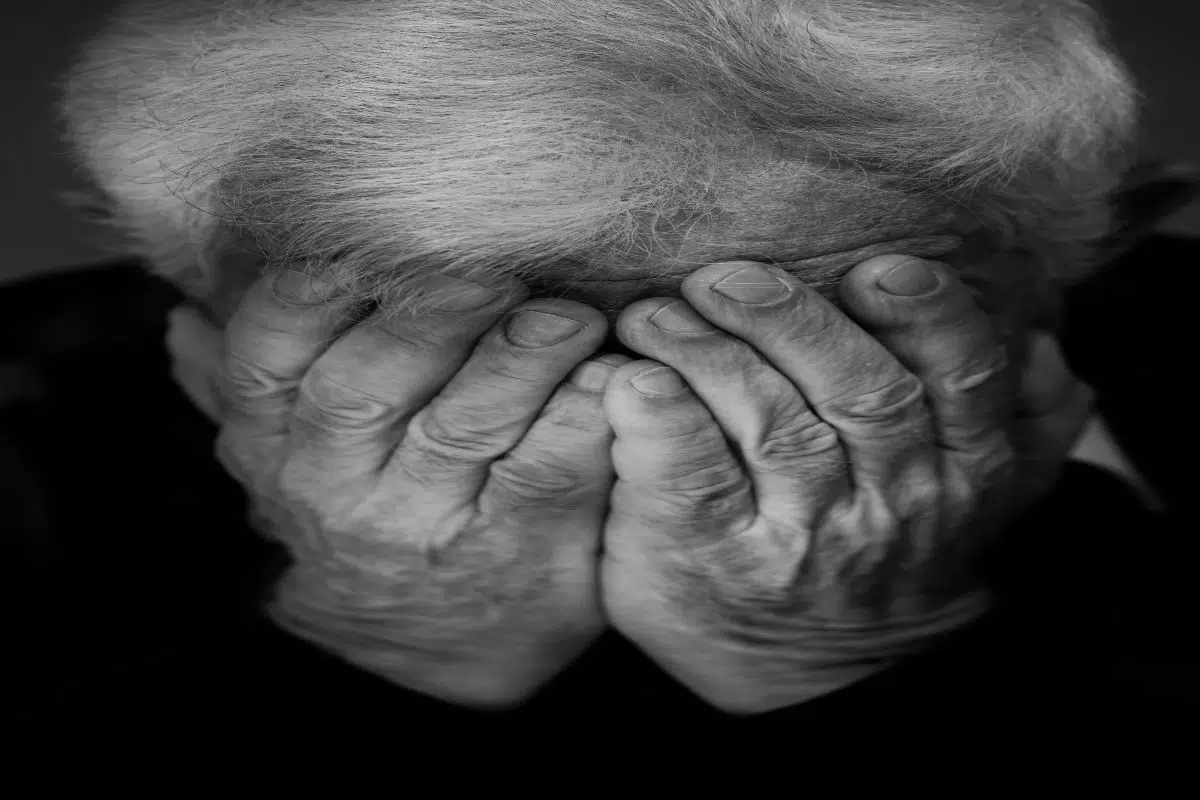It may feel uncomfortable thinking about a loved one being the subject of elder abuse. Still, one key way of limiting elder abuse is noticing its signs and being proactive in your intervention. In this blog, you’ll find the several ways older people are subject to abuse by their caregivers and the symptoms. This list is non-exhaustive, but it will give you a solid foundation for what to start looking for when you suspect something isn’t right for your loved one’s care.
Financial Exploitation/Abuse
Financial exploitation and abuse often looks like a caregiver taking advantage of an older person to benefit from their property, assets, or money. This can be done by using the older person’s credit or debit cards, transferring money from their accounts, identity theft, or through consumer fraud. Warning signs include increasing isolation and dependency on a single caregiver or suddenly having a new friend or someone who seems unusually interested in your loved one’s health or finances.
More obvious warning signs may include:
- Unpaid monthly bills.
- Giving control of finances to a caregiver or non-family member.
- Suddenly giving large or excessive gifts to non-family members, or an unawareness/inability to explain personal transactions or purchases.
Healthcare fraud is another form of elder abuse that falls under the financial exploitation umbrella. Healthcare fraud is a misrepresentation of fact, or a filing of dishonest healthcare claims to turn an unauthorized benefit or payment. Know the common signs of healthcare fraud by keeping an eye out for unnecessary treatment or equipment given to your loved one; your loved one’s (or their caregiver) inability to explain the utility or need for testing, equipment, or treatment; and most egregiously, billing to insurers for healthcare services your loved one was never given.
Neglect and Physical Abuse
Neglect and physical abuse are two sides of the same coin: both may manifest themselves in physical symptoms. When a caretaker is physically neglectful towards an older person, the caretaker is engaging in conduct such as willfully ignoring physical and safety needs. On the other hand, when a caretaker is physically abusive, they are intentionally causing actual physical harm to the patient.
Perhaps some of the clearest signs of physical abuse involve bruises, broken bones, dislocations, scratches, and cuts. Although we are more prone to injuries as we age, these physical manifestations could also signify that a caretaker is handling your loved one roughly: aggressive repositioning, force-feeding, and harsh transfers.
Suppose an older person’s behavior changes and you notice they act disoriented, confused, angry, or drowsy. A behavioral change could be a sign that either they are overdosing or underdosing on their medication, whether purposefully or through a lack of proper monitoring by the caretaker (a sign of physical abuse in the former, and neglect in the latter). In addition, behavioral changes can manifest in a lack of personal hygiene, inappropriate/dirty clothing, and overgrown hair and nails.
In addition to physical symptoms of elder abuse on the person, watch out for signs of physical abuse or neglect through a look at their personal items. For example, look out for important items that may be lost, damaged, or destroyed: eyeglasses; mobility aids (crutches, wheelchairs, canes); keepsakes, heirlooms, gifts; sources of entertainment (games, birdfeeders, electronic devices); toiletries.
Finally, it is important to notice signs that your loved one is engaging in self-neglect/self-harm. These behaviors often look like an unwillingness to feed themselves, not seeking medical attention, not maintaining personal hygiene and a sudden aversion to engaging in once-favored activities.
As you can see, elder and nursing home abuse takes shape in many forms. Being vigilant and knowledgeable of how older people become subject to abuse is key in combating their mistreatment. Your loved one deserves to feel safe, protected, and secure. If you suspect elder abuse is taking place, don’t hesitate to reach out and talk to an experienced elder abuse attorney.


